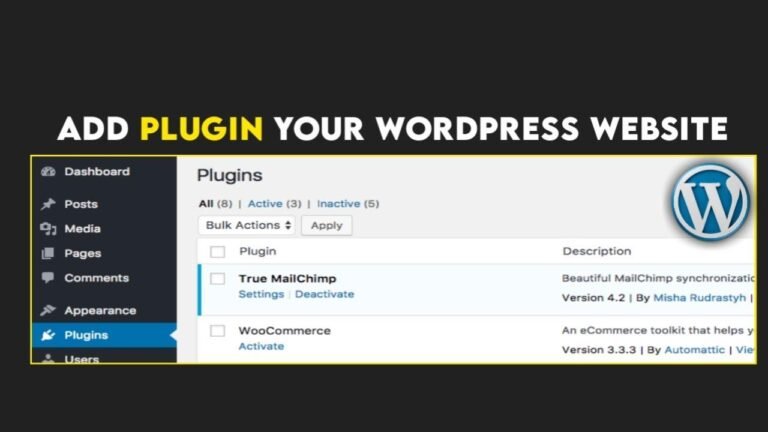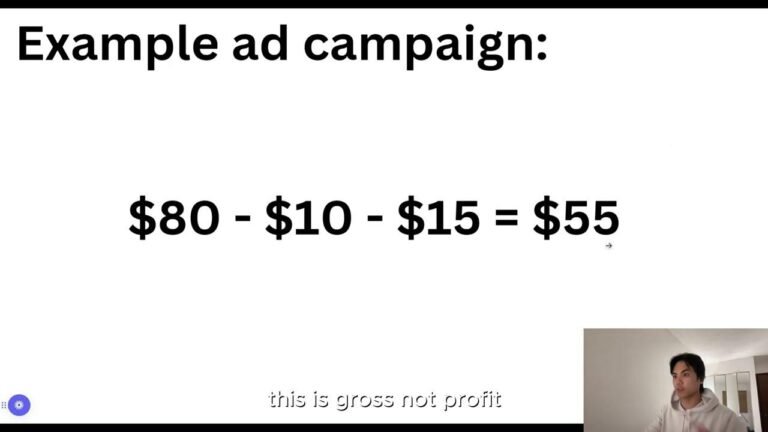The WordPress Block Editor is like a chameleon, constantly changing and evolving. It’s like diving into a sea of options, but hey, the block editor is the new sheriff in town, and it’s here to stay. Whether you’re a code wizard or a non-geek, this editor has got you covered. So, buckle up and enjoy the ride! 🚀
In this episode, Nathan Wrigley discusses the potential of the WordPress Block Editor and its impact on website builders. Wrigley, co-host of the podcast WP Builds, shares his insights into the evolution of website builders and their role in the WordPress ecosystem. Additionally, he delves into the changes he has observed in the industry over the years and his personal experiences with different platforms and technologies.
The Beginning
Wrigley reflects on the early days of his journey with website builders, mentioning his fascination with the concept of building websites and the plethora of tools and platforms available. He reminisces about the challenges he faced in learning the various elements of web development and the progression from basic HTML and CSS to more advanced technologies like JavaScript and jQuery.
| Platforms | Technologies |
|—|—|
| Microsoft FrontPage | Weaver |
| CMS’s like Drupal | Content management systems |
| WordPress themes and plugins | Drupal modules |
Evolution of Website Builders
He discusses the evolution of website builders, acknowledging the pivotal role played by platforms such as Squarespace and WordPress in simplifying the website creation process for non-technical users. He emphasizes the importance of user-friendly interfaces and the growing popularity of visually-driven website building tools.
"When you literally to than learn you could that P tag and there was an H tag and like you had little CSS but the the things you could do… were not… like trying to a there a JavaScript thrown then things like jQuery…"
The Rise of Block Editors
Wrigley highlights the transition from traditional page builders to block-based editors and the increased flexibility and scalability they offer. He explains how advancements in technology have led to the development of more powerful website building tools, enabling users to create highly customized websites with ease.
| Traditional page builders | Block-based editors |
|—|—|
| Divi, Elementor | WordPress Block Editor |
The Current Landscape
He touches upon the current state of the website building industry, referencing the growing number of websites being built with various platforms and the impact of headless technology on WordPress. Wrigley also explores the differences and preferences in using different website building tools.
"Like divvy working for 10 I confess really a can’t speak that one quite a product worth great the team there go…"
The Future of Website Builders
Wrigley expresses his optimism about the future of website builders and their potential to redefine the way websites are created. He shares his thoughts on the evolving trends and the influence of open-source platforms like WordPress in driving innovation in the website building space.
"WordPress changed the pace in it WordPress to and I uh get were and WordPress along it back was build of know a or interesting know perspective changed pace and the this to it feverish change fast now just my perspective I think right I pace this the period the of years metric is of million…"
Conclusion
In conclusion, Nathan Wrigley’s insights shed light on the transformative journey of website builders, the emergence of block-based editors, and the promising future of website creation tools. His observations and experiences provide valuable insights for both practitioners and enthusiasts in the web development landscape.
Key Takeaways
- The evolution of website builders has revolutionized the process of creating websites, making it more accessible to non-technical users.
- The shift towards block-based editors has brought about a significant change in website building, enabling greater flexibility and customization.
- Open-source platforms like WordPress continue to play a crucial role in driving innovation and shaping the future of website creation tools.
FAQ
Q: What are the key factors driving the evolution of website builders?
A: The increasing demand for user-friendly interfaces and visually-driven website building tools has been a significant catalyst in the evolution of website builders. Additionally, advancements in technology have led to the development of more powerful and scalable website building tools.
Q: How has WordPress contributed to the transformation of website creation tools?
A: WordPress has played a pivotal role in redefining the landscape of website builders through its transition to block-based editors. This shift has empowered users to create highly customized websites with ease, marking a significant milestone in the evolution of website building tools.






